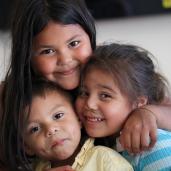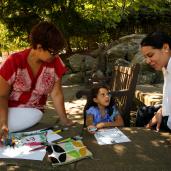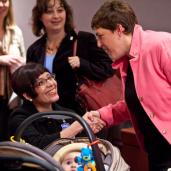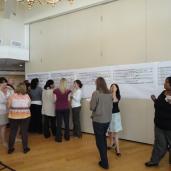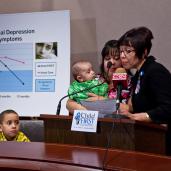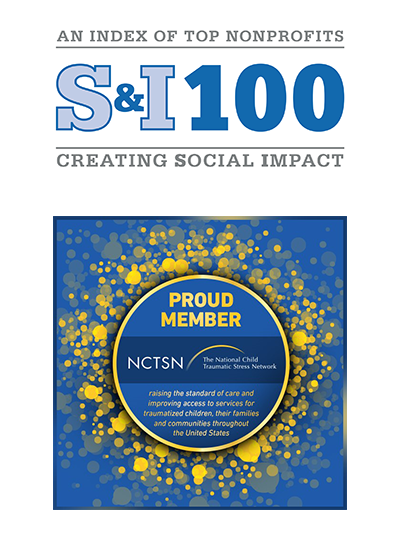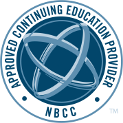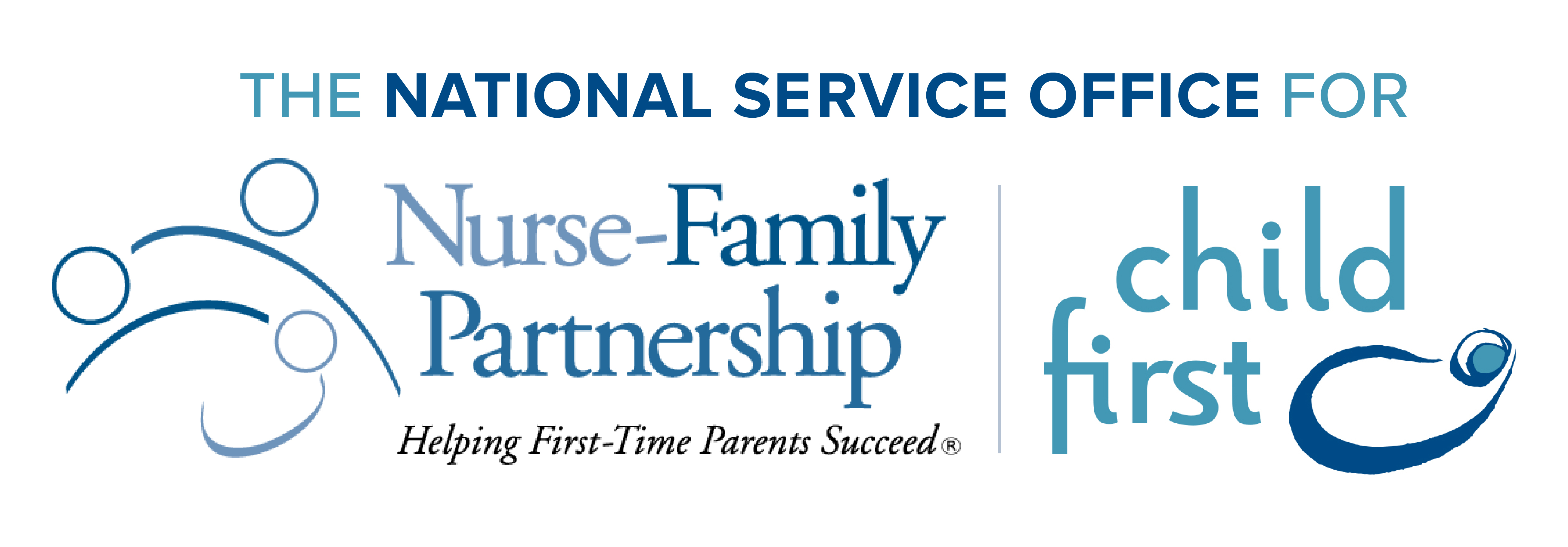Child First is a national, evidence-based, two-generation model that works with very vulnerable young children and families, providing intensive, home-based services.
When young children grow up in environments where there is violence, neglect, mental illness, or substance abuse, the stress can be toxic to their developing brains. But, we can intervene to prevent this damage. Scientific research demonstrates that we can make difference if we (1) work to connect families to needed community-based services to decrease the stress, and (2) build strong, loving, parent-child relationships that protect and heal the brain from trauma and stress. Our goal is a young brain focused on learning rather than a brain focused on survival.
Child First works with parents and young children together in their homes because that provides the best opportunity to strengthen families. Most of the parents in our program carry deep scars from trauma in their own lives and have lacked the support systems necessary to cope with hardship and stress. We give them caring, therapeutic support to begin their healing, so they develop the capacity to nurture and create a better life for themselves and their children.
Child First connects families with the services they need to reduce stress in their lives and move forward in the face of adversity. We can help a parent find a job or a safe, stable place to live. We can connect a child with a speech therapist, medical services, or good preschools. We can connect an older sibling with afterschool sports or mental health counseling.
What makes Child First different is that we focus on the most vulnerable families and get to the root of their problems. We help parents understand their children’s feelings and actions. We focus on the meaning underlying the behavior. In this way, parents develop the capacity to address not only challenges today, but those that arise as their children grow and develop. Child First empowers parents to create a stable and nurturing home.
Research shows that Child First families become stronger and healthier. As children and their parents develop strong, loving relationships, their lives change. Children feel safe and secure, which enables them to play and learn. Parents feel more able to manage and support their families. Overall, abuse and neglect dramatically decrease, breaking the cycle of trauma in even the most at-risk homes.
While we cannot fix all of the problems that families face, we can help parents overcome challenges and form strong, loving relationships with their children so those children become healthy and productive adults.


